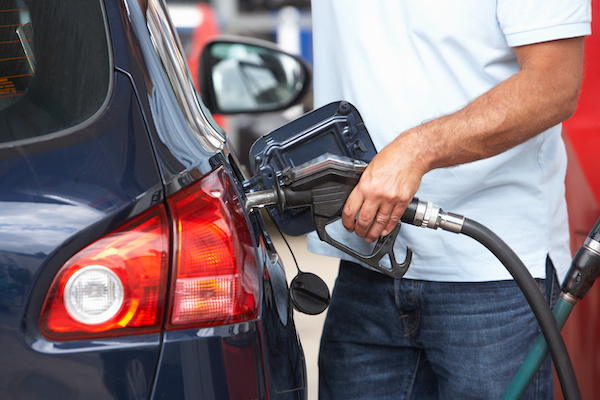Posted on 10/25/2022

If you own a gas-powered vehicle, you must know that gas has been costly this year. It has been a bigger priority now than ever to try to keep your vehicle as efficient as possible. If not for the sake of your wallet, then at least consider the positive impacts on the environment. We thought we’d share some of our favorite fuel-saving tips: Remember to Tighten Gas Caps – You might not think that this has any effect on your vehicle’s efficiency, but the gas lid is oh-so-important. If this cap is loose, damaged, or missing, it can cause a leak. Additionally, your check engine light may come on to alert you of the issue. Inflate Your Tires to Proper PSI – You might notice your tires’ psi dropping as the cooler weather causes the air in your tires to contract. It would help if you corrected your tire pressure because driving with underinflated tires puts your vehicle at risk of danger, leads to premature tire wear, and caus ... read more
Posted on 10/24/2022
Most Norfolk residents associate turbochargers and superchargers with hot rods and racing. However, the number of everyday cars and trucks coming to Norfolk from the factory with chargers is growing every year. Here's why. You need three elements for combustion: fuel, oxygen and ignition (spark plug in gasoline engines and compression in diesels). Superchargers and turbochargers deal with the oxygen part of the formula. In the normally aspirated engines Norfolk residents are familiar with, air is just drawn in from the outside by vacuum pressure created as the engine runs. Turbochargers and superchargers compress the air that goes into the engine's combustion chamber, forcing in more oxygen. This forced charge of air allows an engine to make more power than a similarly-sized, normally aspirated engine. So today we have small 4-cylinder turbocharged engines on Norfolk streets making more power than a full-sized V8 did 20 years ago – and getting far better fuel econo ... read more
Posted on 10/17/2022
You've just taken your vehicle in to figure out why the air conditioning isn't working. You remember a friend of yours just had to get a new evaporator, and your service advisor has told you it's the same part that needs to be replaced in your vehicle. But when you hear the estimated price for yours, it's different than your friend's. How can that be? The reason is that no two repairs—and no two vehicles—are alike. Let's take the evaporator for example. In one vehicle, the part may be fairly easy for the technician to access. In the other, it requires that the entire dashboard to be removed. Because of the way a particular unit is designed, the shop may also require special tools. The parts for your vehicle may cost more or less than for your friend's. Parts for newer vehicles and foreign nameplates can cost considerably more than parts for older or domestic vehicles. So now you can se ... read more
Posted on 10/12/2022
Ever wonder where they came up with the term "dashboard" for that part of your vehicle that sits behind the steering wheel? That name began back before cars were even invented. People used to travel by horse and buggy, and streets weren't as well built as they are today. On a muddy road (which was sometimes just a couple of ruts alongside a field), it wasn't unusual for those inside the buggy to have mud and stones "dashed" (knocked, thrown, or hurled) in their direction. So those who built carriages began installing a board to protect them. That became known as the dashboard. The word carriage got shortened to car, and the dashboard is sometimes shortened to dash. Today, the dashboard sits behind and below the windshield that houses various controls and instruments. In addition to the speedometer, tachometer, and gas gauge, there are warning lights you need to pay attention to on your dashboard and instrument panel. (You may ... read more
Posted on 10/4/2022
Question My engine never overheats. Why should I get a cooling system service? Answer That’s a good question to ask, because if you don’t have the full answer you may end up in trouble. It seems that, if your engine is running at the proper temperature then everything must be OK. But the fact is that engine overheating is the most common cause of mechanical failure. So how do you get from everything is just fine to suddenly overheating and potential engine damage? Truth is, it is not a sudden process, but it is an invisible one. Your engine coolant circulates through your engine where it absorbs heat and then flows through the radiator where it is cooled – and then back to the engine again. If the coolant can flow freely – and there are no leaks – then the coolant can do its job. This is the point where you must look deeper. The cooling system is a harsh environment: very hot, with several reactive materials l ... read more